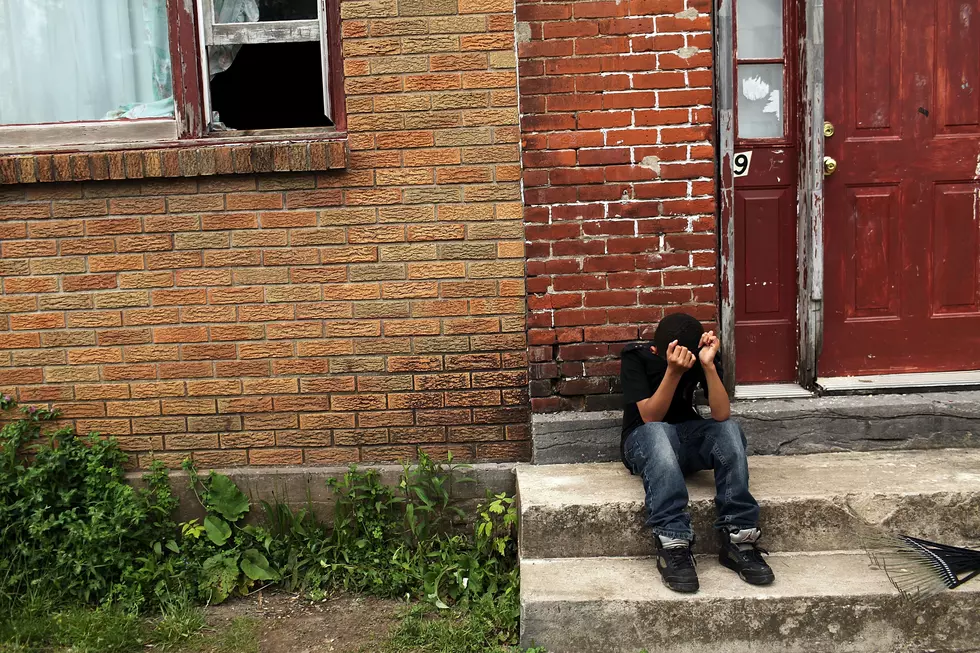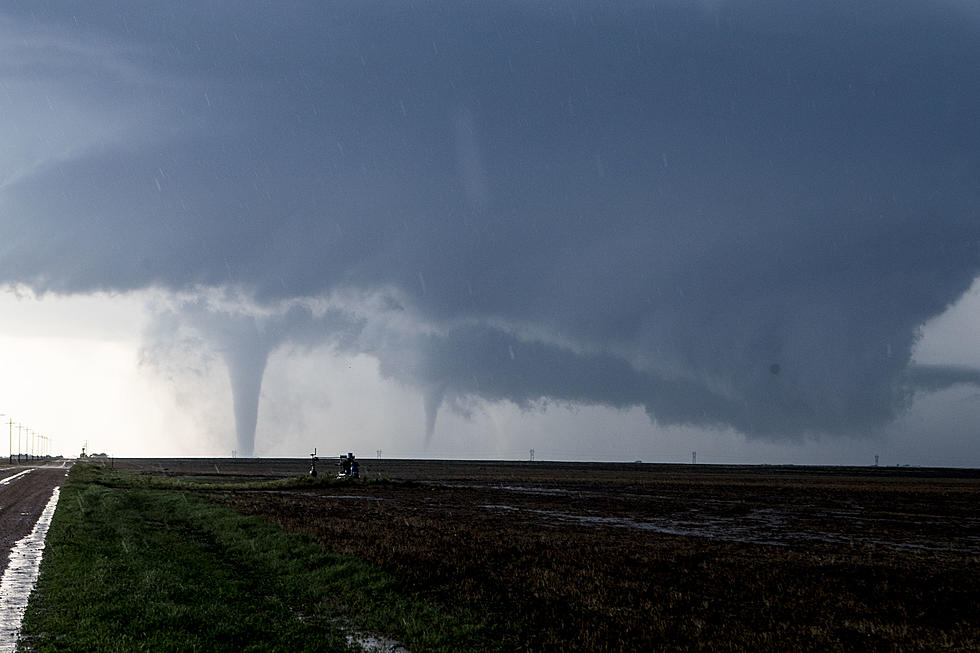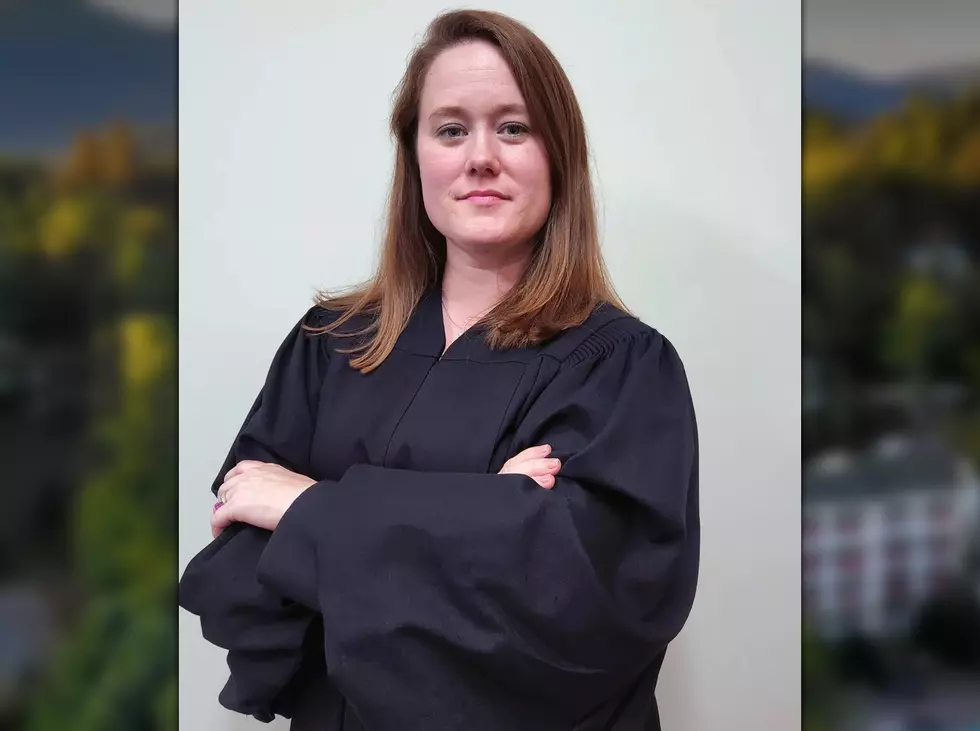![Madison County DOH Answers Questions About Aerial Spraying [AUDIO]](http://townsquare.media/site/41/files/2014/08/mosquitoes-by-Darren-McCollester-Getty-Images.jpg?w=980&q=75)
Madison County DOH Answers Questions About Aerial Spraying [AUDIO]
It is the first time, officials say, since 2005 that Madison County has conducted aerial spraying for mosquitoes in the area.
Eric Faisst, Director of Public Health for the Madison County Health Department, took time to answer some of those questions this morning.
He says that although no pesticide application is without risks, the Board of Health believes that the benefits of spraying the chemical, Anvil 10-10 ULV, outweigh the associated risks.
The application will be done, he says, in accordance with New York State Department of Environmental Conservation and Department of Health guidelines. The label for the chemicals can be found be clicking here or by visiting: www.healthymadisoncounty.org/linkeddocs/healthtopic/mosquitocontrol/Anvil%2010+10%20label.pdf.
The timing of the spraying is scheduled not only to protect human residents but non-threatening insects as well. He says mosquitoes are most active from dusk to dawn, and the spraying is targeting them. However, other, non-pests - including bees - are affected by the pesticides. He recommends that beekeepers take precaution to protect their hives as noted in the Information for Beekeepers page of the website.
That page, in part, notes the following:
"Spraying will occur during evening hours when bees are not actively foraging. However, in an abundance of precaution, you may choose to cover your bees during and immediately after the spray to reduce the risk of direct exposure. You may use two layers of wet burlap with a sheet of plastic placed loosely over the burlap to minimize direct contact with the spray, but remove the plastic immediately after the spray to prevent hive suffocation. Keep the burlap wet and make sure the bees have sufficient space to prevent overheating and maintain airflow."
Faisst says he does understand that beekeepers can be affected by the spraying. Being that many people are on vacation during this week prior to the start of school, he suggests that any beekeepers who are away ask someone to provide adequate covering for their hives until the spraying process is complete.
As of this posting there has been one death in Central New York related to Eastern Equine Encephalitis, and that occurred in Onondaga County. Faisst says that, to the best of his knowledge, there have not been any cases of EEE infection in Madison or Oneida counties thus far this year.
As for the efficacy of the spraying Faisst does not believe that this will take care of the entire problem, but it will reduce the chance that the mosquito population will be able to breed more. More effective, but obviously not as immediate, is the naturally-occurring cold temperatures that will kill off mosquito larvae and hold off the adult population until next year.
He says that the most effective means of warding off mosquitoes, and protecting oneself from bites, is common sensical. Wear long sleeves when out near dusk or in the dark, and do not allow standing water to stagnant around the home. Bird baths, he says, are fine, if they are regularly refreshed so that larvae do not have time to subsist in the water.
Faisst says they have not received any complaints thus far that residents did not have enough time to prepare for the spraying.
If residents exhibit cold-like symptoms within a few days of being bitten by a mosquito health officials suggest visiting a doctor and telling him or her of the existence of EEE in the area.
Original Story:
More From WIBX 950









